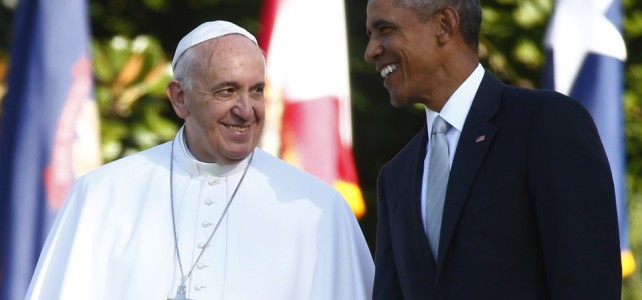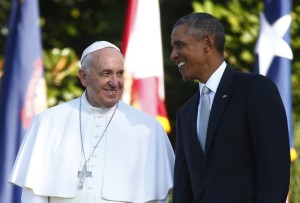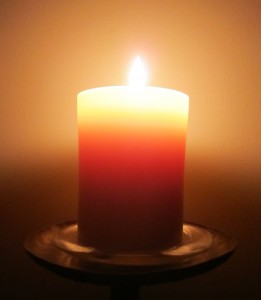
PHOTO: Mary van Balen
This evening I joined a gathering of people at Trinity Episcopal Church for a prayer vigil of remembrance and solidarity following the violence in Orlando. People of various denominations, faiths, and communities celebrated in a simple service that included silence and music—not too many words. Being together in the Holy Presence of Love, however one names it, was enough.
I felt a profound sense of peace sitting in that welcoming church. Clergy and community leaders spoke and shared their thoughts and voiced prayer for all: an Episcopal priest, Methodist minister, Jewish rabbi, Islamic leader, a member of the LGBT community, and a representative of the Ohio Coalition to Stop Gun Violence.
Perhaps the most moving moments were those spent standing in silence, listening to the bell toll 50 times, once for each life lost.
We held candles during the final musical piece and benediction. “What’s a vigil without candles?” rector Rev. Richard A. Burnett asked.
True. Candles bring light into darkness, a symbol of Love, of prayer, which do the same.
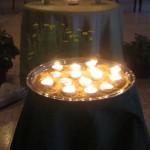
PHOTO:Mary van Balen
Note:
As we left the church, a table held information from a number of community organizations that invited participation. Love is the motivator, the power. But, as Stephen Colbert said as he began his show after the attack: “Love is verb. Do something.” It’s not enough to remember. Each in our individual way must make Love live. One suggestion? In November, vote, and vote to elect those who will not build on hate and division, but who will work for the common good and protect the civil rights of all.
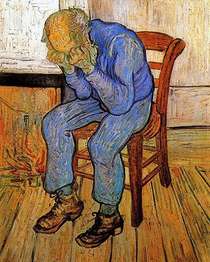
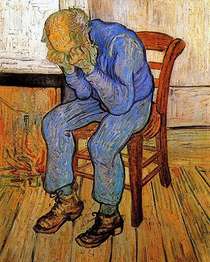
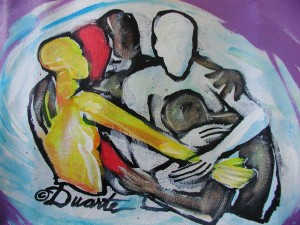
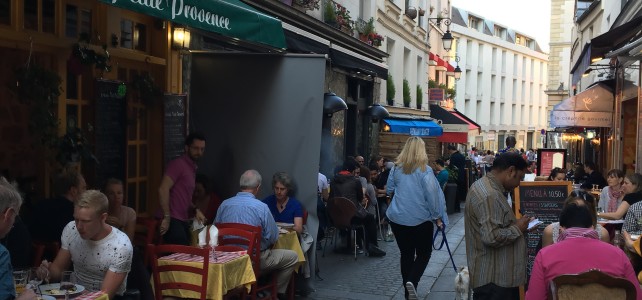
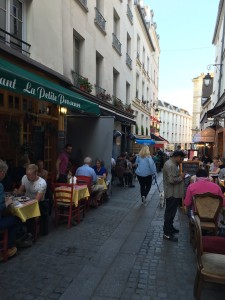
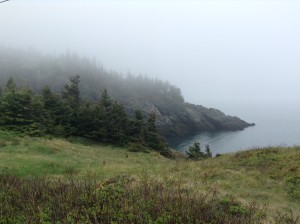

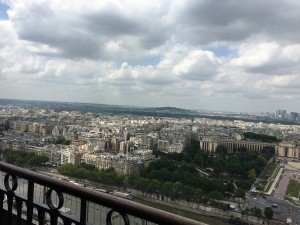
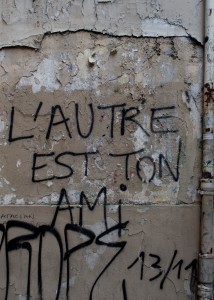
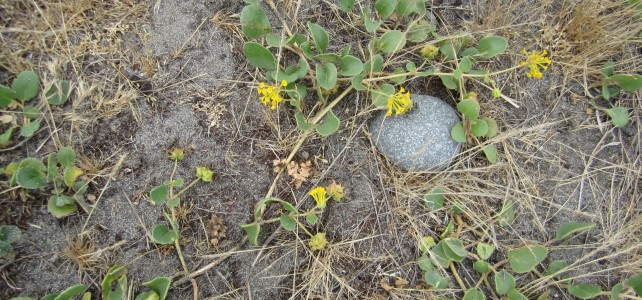
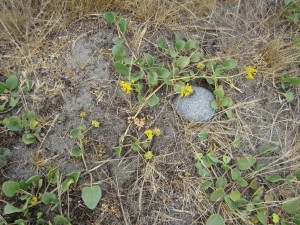
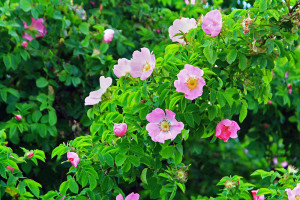 The poem is “Roses.” Oliver writes of the quest to answer life’s “big questions” and decides to ask the wild roses if they know the answers and might share them with her. They don’t seem to have time for that. As they say, “…we are just now entirely busy being roses.”
The poem is “Roses.” Oliver writes of the quest to answer life’s “big questions” and decides to ask the wild roses if they know the answers and might share them with her. They don’t seem to have time for that. As they say, “…we are just now entirely busy being roses.”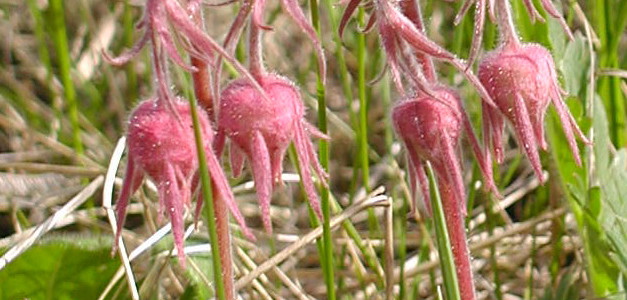
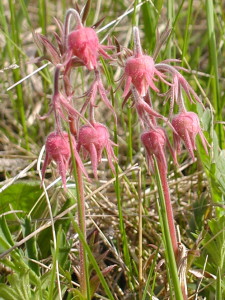
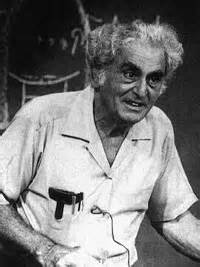
 “My name is Julius Sumner Miller, and physics is my business.” That’s how he opened every show. Physics was his business. So was wonder.
“My name is Julius Sumner Miller, and physics is my business.” That’s how he opened every show. Physics was his business. So was wonder.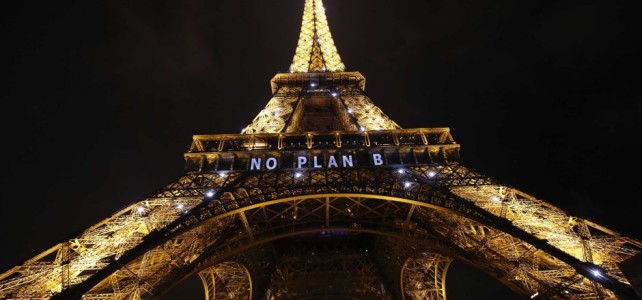

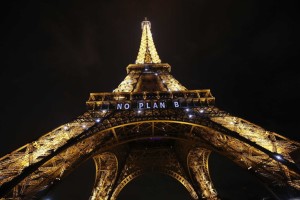
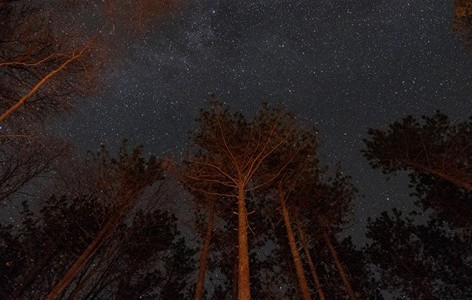
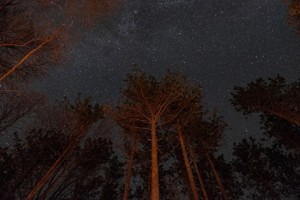
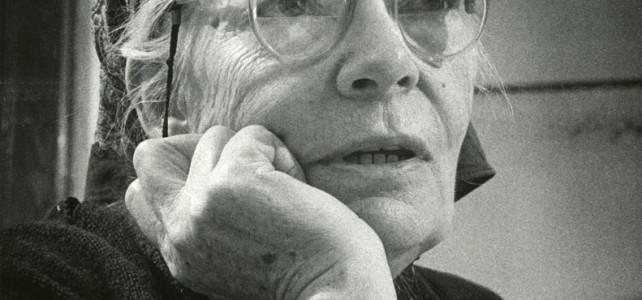
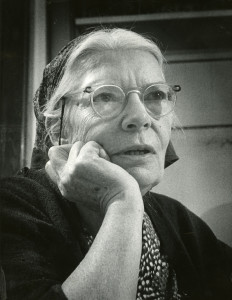
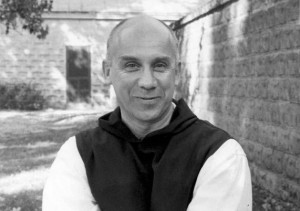 Pope Francis also recommended Merton’s openness to God in a contemplative style of prayer. Merton in the midst of a world immersed in “noise” of all types—digital, visual, aural—pouring out of players, electronics, out of the depths of our souls, calls us to quiet presence. For those who fill up every moment with activity and distraction, he says, “Be still. Listen.”
Pope Francis also recommended Merton’s openness to God in a contemplative style of prayer. Merton in the midst of a world immersed in “noise” of all types—digital, visual, aural—pouring out of players, electronics, out of the depths of our souls, calls us to quiet presence. For those who fill up every moment with activity and distraction, he says, “Be still. Listen.”